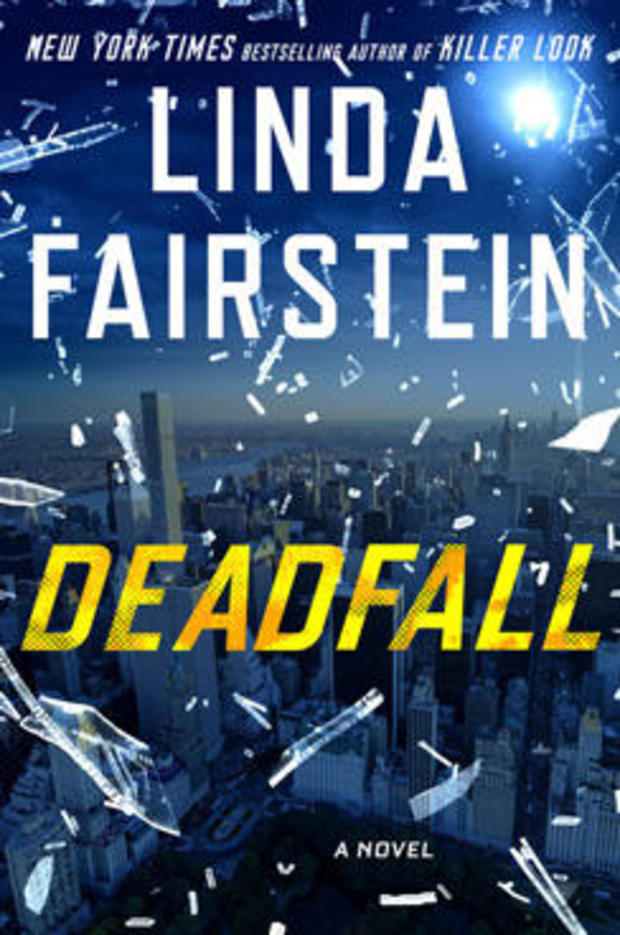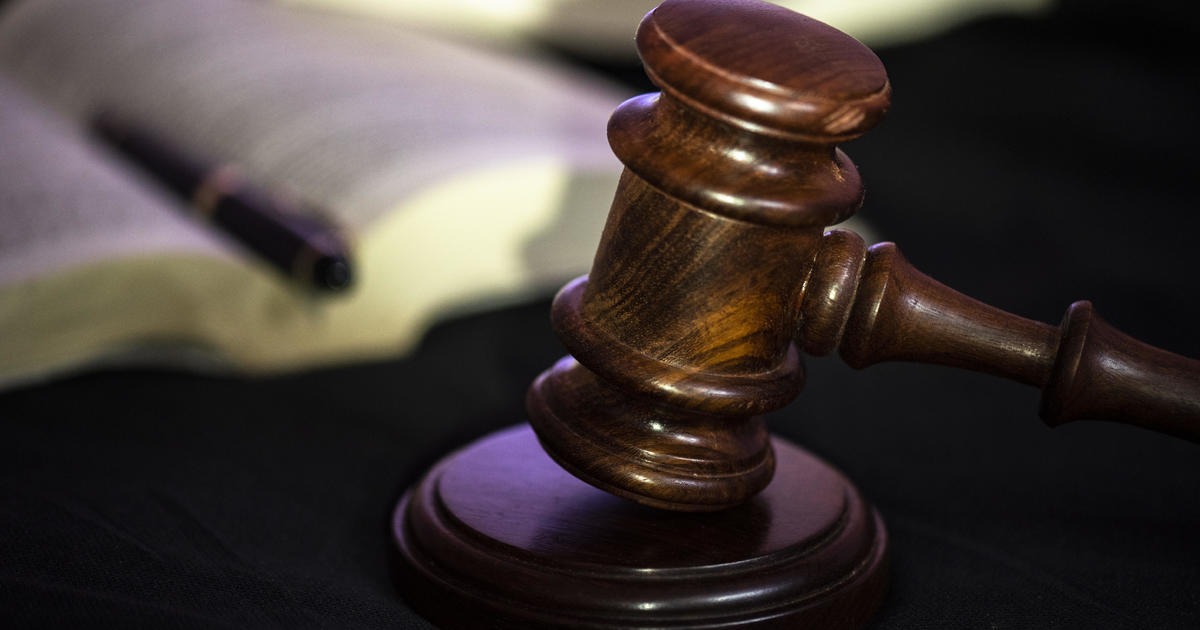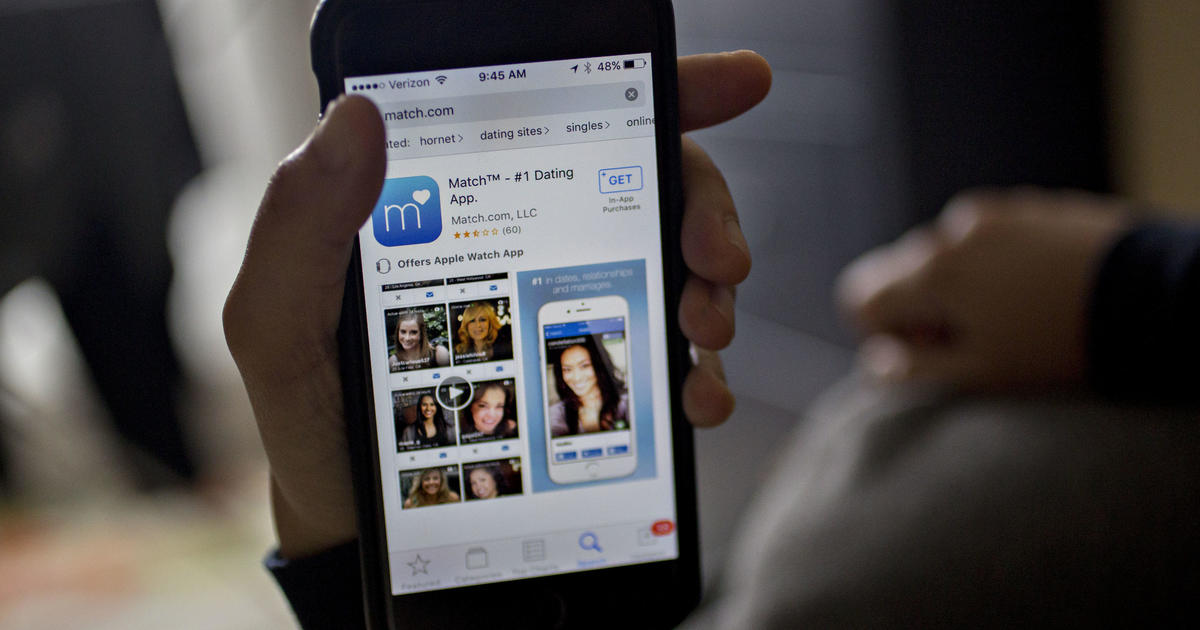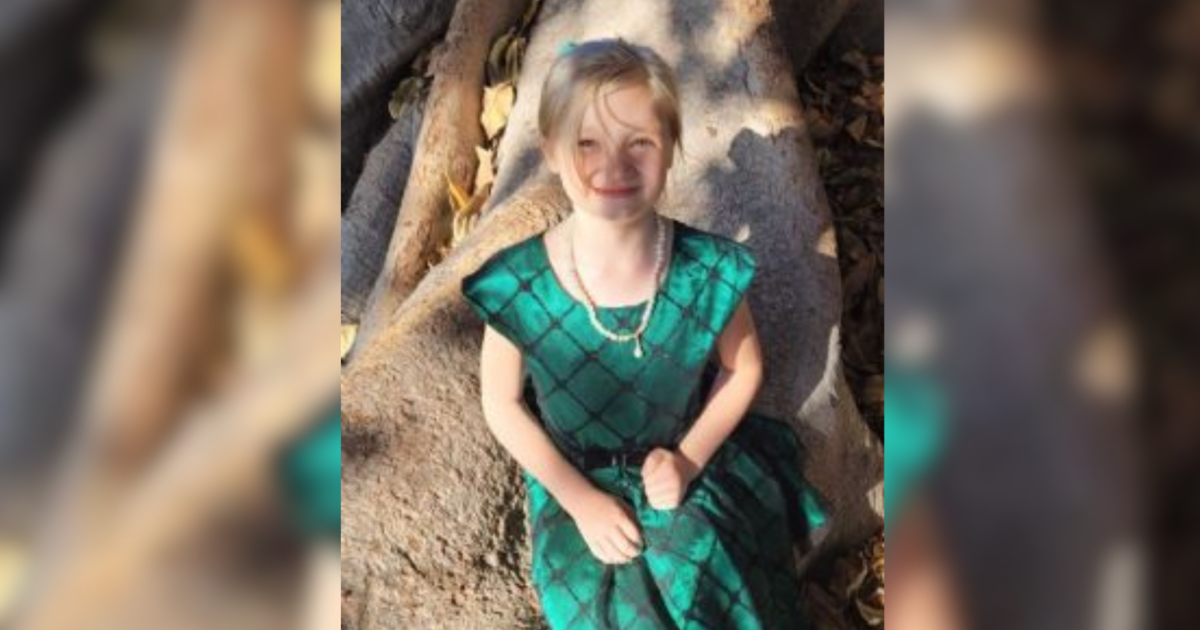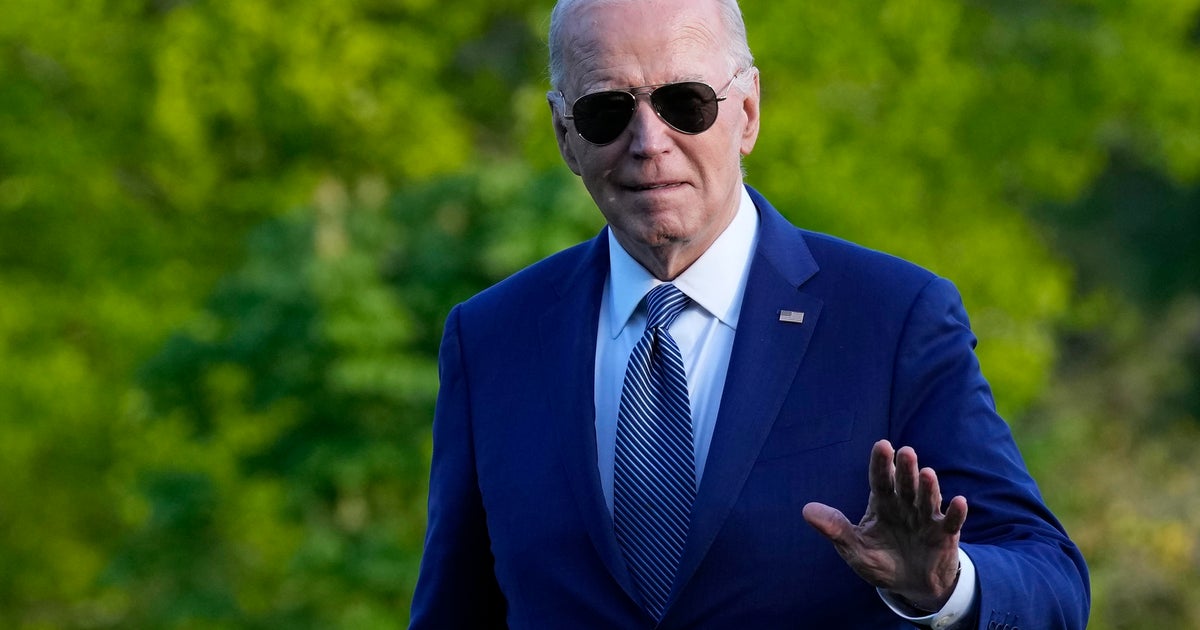Book excerpt: "Deadfall" by Linda Fairstein
As a prosecutor in Manhattan's District Attorney's Office, Linda Fairstein pioneered the use of DNA evidence in cases against sexual offenders. But she has made a second career for herself as an award-winning writer of crime novels featuring prosecutor Alexandra Cooper.
In the 19th volume in that series, titled "Deadfall" (published next week by Dutton), Cooper, NYPD detectives and federal investigators track the killer behind the assassination of the Manhattan District Attorney.
Read the opening from "Deadfall" below – and don't miss Lesley Stahl's profile of Linda Fairstein on CBS' "Sunday Morning" July 16!
One
I had stared at death before. I was way too familiar with the vagaries of murder.
I had seen it flex its muscles on the cracked pavement of New York City sidewalks and behind grimy stairwells in housing projects. I knew that doormen in the most expensive properties lining Central Park were often as powerless to stop it from entering the dwellings they guarded as the less fortunate who encountered it in random exchanges with strangers on the street.
I had comforted many of the shattered lives that murder left in its wake, and tried to do justice for them in a court of law for more than a dozen years.
But I had never held death in my arms until tonight. I had never cradled a killer's prey against my body -- a life extinguished in an instant -- while the blood dripped out onto my chest and pooled in my lap until the police arrived to release me from death's grip.
"You don't have to stay in here, Ms. Cooper," the older of the two uniformed cops said to me. "The medical examiner says you can wait in her office."
"I'm good for now," I said. "Thank you."
"It's not healthy," he said. "What you're doing, that is. Staring at a dead man."
I was standing in the autopsy room at the morgue, about ten feet away from the body of the district attorney, less than an hour after he had taken two bullets to the head.
"I'm just -- I'm just thinking, Officer. This is where I need to be at the moment."
The younger cop was at the far end of the metal gurney, facing me, as expressionless and erect as a soldier of the Queen's Guard at Buckingham Palace.
"Dr. Palmer's got a change of clothes for you, ma'am. She thought you'd be more comfortable if you got out of those bloody things, after the Crime Scene guys take pictures of you."
There wasn't much left of Paul Battaglia's skull. I didn't have the best angle of vision to see it, leaning against the counter where some of the tools were laid out, but that fact was pretty clear to me.
I lifted the glass of Scotch to my face and ran it back and forth under my nose. Jeremy Mayers, counsel to the chief medical examiner, was a snob about his single malts. That trait, at a bar after hours, usually irked me. I was fine with a few shots of Dewar's on the rocks. But in this cheerless space, reeking of formalin, the stronger concentration of my favorite amber liquid -- without ice -- helped me deal with the pervasive odor of death. Jeremy had poured me a snootful from his private stash.
"Did you hear me, Ms. Cooper?" the older cop said. "We can go down the hall and wait for the homicide team there."
"Sorry," I said, inhaling the peat-soaked flavor of Jeremy's Lagavulin before I lowered the glass to my mouth and took a sip. "I did hear you. I'm not ready to go."
"Just so you know we can, soon as you're ready."
"We? Aren't you here to stand watch over the DA's body?"
Paul Battaglia wasn't a candidate to lie in state anywhere, but it would be tradition for an NYPD honor guard to be with the body until his burial.
"No, ma'am," the officer said, pointing to his silent young comrade. "The kid's got Battaglia tonight. I've got you."
"Me?" That line got my attention. "What are you talking about?"
"I've got orders to stay with you, Ms. Cooper."
I bridled at the suggestion. "I'm in the morgue. I'm a prosecutor who works with these docs and technicians every day. The dead man is my boss. I've got Detective Chapman here and a posse of detectives on the way," I said. "I'm not in any danger."
"Nobody said you were."
"Then what did they tell you, Officer? Why have they got you glued to me? I'm not the suspect in this tragedy either."
He shrugged off my comment and looked away from me.
"The district attorney fell into my arms when he was shot, do you understand that?" I had started to gesture with my hands, quickly catching myself so no Scotch would slosh over the rim of the drinking glass and be lost to me. "I didn't kill him. I caught him."
"Whatever you say, ma'am. Orders is orders."
"Look, can you please go find Chapman and ask him to come here?" I said.
"Manhattan North Homicide? That Chapman?" the officer asked.
"Yeah. Mike. Tell Mike I need him, please."
The officer looked at the rookie, who made eye contact with him and nodded.
"Don't worry about leaving us," I said to my anxious captor. "If I run, just send an APB to the nearest Laundromat. That's about as far as I can get without being collared."
The older man turned and left the room.
I took another sip to steel my nerves and walked closer to the gurney.
Paul Battaglia had hired me out of law school at the University of Virginia. He was a legendary figure in national prosecutorial circles, Manhattan's elected district attorney for more than three decades. As one of the kids on his great legal staff -- five hundred lawyers in all -- I had idolized him.
Paul had been good to me from the outset, and I had risen quickly when he tapped me to lead the country's pioneering Special Victims Unit at an unusually early stage in my career. With his complete backing, the lawyers in my unit had created innovative techniques to get more victims access to the courtroom and had fought vigorously for legislative reform.
When I reached the side of the district attorney, I put my hand on his outstretched palm. It was cold now, of course, and it didn't respond to my touch, as I knew it wouldn't. But I did it to make myself feel better -- putting my fingers around his, offering some sign of affection in this steel-structured room, which was the most lifeless place I'd ever known.
"You can't touch the body, ma'am," the young cop said. "You shouldn't do that."
I nodded. "You're right, Officer."
My feelings about the district attorney had been less than generous throughout this past year, but despite my discomfort level about his integrity, I found myself welling up with tears. I gently patted the sleeve of Battaglia's dark suit. "Good night, Paul," I whispered. "Rest in peace."
There would be no answers to the flood of questions that had overwhelmed me from the moment I had heard him call out my name in the late-night semidarkness and walk toward me -- quite unexpectedly -- up the steps of the Metropolitan Museum of Art.
I braced myself now to look at his face, or what was left of it, one more time. One of the bullets -- the one that penetrated Battaglia's skull and landed behind me, taking along bits of his brain -- had blown an eye out as it exited. The other piece of lead presumably lodged in the bony cartilage of his cranium, maybe blocked by the base of the classic Roman nose that accented his patrician appearance.
I walked slowly, circling the gurney, which caused the rookie cop to begin to fidget.
"Don't worry. I won't touch him again," I said to the kid. "I've worked for the man for a long time. I can't believe this has happened to him."
I couldn't believe it had happened to me, either, but that was a rather self-serving observation, of no importance to anyone else.
Paul Battaglia's body was part of the crime scene, which stretched from Fifth Avenue, where the shooter had leaned out a car window to fire at -- well, presumably at the district attorney, to the museum entrance, several yards from where I had been standing.
The blasts had been so powerful that when Battaglia was struck and fell forward, he was lifted out of one of his shoes. The black-laced wing tip was still on his right foot, but his left foot, covered in a dark gray sock with black dots, rested on the gurney as though he had started the process of undressing for the night.
The strong odor of formalin in the room -- already coating my hair and clothing, as it always did -- made me cough. I finished my circumnavigation of the body and returned to my post against the counter, sticking my nose into the glass of Scotch to steady myself.
I kept thinking of things I wanted to know, but I wouldn't get any answers from the man on the table.
"Officer," I said, walking back over to the gurney and leaning against the left side of it. "I wonder if you can tell me -- has anyone else from my office been here to see Mr. Battaglia yet? I mean before I came in."
"Don't know, Ms. Cooper. I got pulled off scooter patrol in the precinct to be here, like half an hour ago. I relieved the cops who rode with the morgue van to bring the DA down."
One of the city's great columnists -- often quoted to us by Battaglia -- once said, "Never kill anyone in a landmark location." First, because you make yourself instantly notorious for media purposes, and second, because the site itself was always compromised by a crush of onlookers.
I had never seen a body removed from a crime scene faster than Paul Battaglia was carted off from in front of the Met. The Costume Institute gala had ended a short time before -- with hundreds of well-dressed fashion industry elites filling the sidewalks to find black cars and Ubers -- and in a city that never sleeps, the museum's Fifth Avenue venue on the eastern perimeter of Central Park was always a magnet for rubberneckers, day or night.
Mike Chapman had pulled me back into the museum -- security made a path for us -- and out through a basement door for the ride down here to the morgue. The corpse made better time than we did.
"Ms. Cooper, ma'am," the rookie said. "You're leaning against the gurney."
"It's just my hand on the metal rim, Officer." I couldn't stop looking at the still figure that had been so very alive two hours earlier.
"There's blood all over your outfit, Ms. Cooper. You don't want to be contaminating the DA's clothing, do you?"
"It's dry, Officer. I promise you that," I said, looking down at the stained front of my borrowed sweatshirt and leggings.
"Still, it could fleck off and --"
"You're right," I said, taking two steps back, clasping my glass with both hands.
"I don't mean to put you off, ma'am," the officer said, eyes face forward again. "You mind my asking what he was like?"
"Paul Battaglia? Most people would say he was the best in the business."
For me, his character was much more complicated. He had been district attorney longer than most New Yorkers could remember. His campaign slogan -- from his first run through eight terms -- had been you can't play politics with people's lives. But he had lost sight of that sentiment somewhere along the way and was more adept at using people for political purposes than Machiavelli had been.
"This must be so difficult for you," the cop said.
"It is." But not for the reasons he or anyone who wasn't close to me would think. I had once been so devoted to Battaglia that I never looked for flaws, or I had been blind enough that I hadn't seen them. Much more recently, I had become disillusioned with the man. I distrusted some of his alliances with corrupt figures among the city's satellite players, just as he had taken to undermining and second-guessing many of my investigative tactics.
It was difficult for me because Paul Battaglia and I had unfinished business, and now there were things that we could never resolve.
I bowed my head and looked again. There was just a slight indentation in the skin on the fourth finger of his left hand where Battaglia had once worn a wedding ring. For reasons unknown to me, he had taken that off months ago.
I lifted the drinking glass and placed it against my forehead. Had it been my usual cocktail, with ice, it would have refreshed me and anesthetized my pounding headache. But this motion was just a senseless habit that was no help to me at all.
The door opened and closed behind me. I didn't look up.
"How's the old man doing, Coop?" Mike said. "You making sure he's still dead?"
The comment took the rookie by surprise. His eyebrows raised and his expression changed. It was obvious he'd never met Mike Chapman before.
"Actually, I'm making sure that if Battaglia has a glimmer of life in him and has anything left to say, he says it to me."
"Unanswered questions," Mike said. "I know you don't like 'em, Coop, but very few people check out leaving a tidy package behind for their heirs, professional or personal -- especially when the Grim Reaper shows up out of the blue like this."
"Why the hell was he rushing up the museum steps, after midnight, saying he had to talk to me?" I asked.
"To rip you a new one."
"Now, what makes you think that?" I said, turning to face Mike. "That's stooping lower than I would go."
"Really? I'll have to reset the bar a little higher. I thought you were as low as you could possibly get," Mike said. "'Cause all Battaglia's done lately is criticize you. Here you are, on a leave of absence, and you disobey all his orders to stay out of a case. Instead, you bring it to a head in front of an audience --"
"I didn't do anything to make the case break last night."
"Don't whine, Coop. It doesn't become you," he said. "Break it you did, with the police commissioner doing an instant presser at the museum, without waiting for the district attorney, and crediting you for your involvement too. Maybe Battaglia was charging up to butt heads with you again."
"What happened to the days when he and I trusted each other implicitly?"
"You -- his fair-haired golden girl? Long gone, those days," Mike said, taking the glass of Scotch from my hand. "And drinking too much of this embalming fluid won't help, either."
I grabbed his wrist to hold the glass in place and breathed in one more shot of Scotch. "I wasn't drinking, Mike. I was sipping. Sniffing and sipping."
"No games, girl. This is all unfolding live, in prime time."
"Take me home, then," I said, glancing back over my shoulder at Battaglia. "Just take me home."
"That's a trick not even Houdini could pull off," Mike said. "No disappearing acts, according to Commissioner Scully."
I stepped forward to press myself against Mike's chest and feel his arms around me. He pulled back faster than I could get to him. "But --"
"Let's have you photographed in this getup before we hand over your clothing to the detectives."
"You saw everything I did, Mike," I said. "You talk to the guys tonight. They can interview me tomorrow."
"Any witness ever said that to you, Madame Prosecutor, and you'd start waterboarding her on the spot."
"I'm so tired, Mike. I'm so sick to my gut and frightened and confused," I said. Then I swiveled in place to take another look at the late Paul Battaglia. "And there's a part of me that feels really guilty about this."
The rookie cop turned to look at me.
"You didn't hear that, kid," Mike said, shaking his finger at the young officer. "She's not talking guilt as a matter of law."
"I feel --"
"No more running off at the mouth, Coop. You didn't fire the gun, okay, did you? That's guilt with a capital G. We don't know what the f*** was going on with the district attorney."
"Nothing good, Mike. You know that for sure. Whatever it is, it got him killed."
"C'mon. Crime Scene needs photos of you in your Halloween costume. Then you've got to answer some questions."
"Who's handling the investigation?" I asked, walking slowly toward the door.
"The mayor's putting a task force together with Scully," Mike said. "A new guy from Brooklyn South Homicide --"
"New? He's cutting his teeth on the murder of the Manhattan DA?"
"New because it can't be anyone who knows either one of us, Coop. Also, some broad just assigned to Major Case a couple of weeks back. And a task force designation because they have to throw in a few feds for the white-collar cases Battaglia was working with the US attorney."
"That means I've got to relive my tortured history with the man," I said, thinking about the details that would be gathered in the detective division reports, known as DD5s. "Every DD5 and interview will be public record when his killer goes to trial."
"You're always looking at the dark clouds, Alexandra Cooper," Mike said, holding the door open for me.
"I'm in a morgue, Mike, in the middle of the night, next to the body of the man who trained me to be what I am today."
"He sniped at you pretty good too. He had you in his sights these last few months and he nipped at your heels whenever he could," Mike said. "Mortui non mordant."
"Save your parochial school Latin for the funeral mass. It's lost on me."
"That's not from the nuns, Coop. Think Robert Louis Stevenson. Treasure Island," Mike said. He cocked his finger and thumb and fired an imaginary bullet at the corpse. "It's your chance to get back on your feet."
I repeated the three Latin words. "Mortui non mordant?"
"Could be your lucky day, Coop," Mike said. "It means 'Dead men don't bite.'"
From "Deadfall" by Linda Fairstein, published on July 25, 2017 by Dutton, an imprint of Penguin Publishing Group, a division of Penguin Random House, LLC. Copyright (c) 2017 by Linda Fairstein.
For more info:
- "Deadfall" by Linda Fairstein (Dutton); Also available in eBook, Digital Audio Download and Audio CD formats
- Linda Fairstein's "Devlin Quick" series
- lindafairstein.com
- Follow @LindaFairstein on Twitter, Facebook and Instagram
